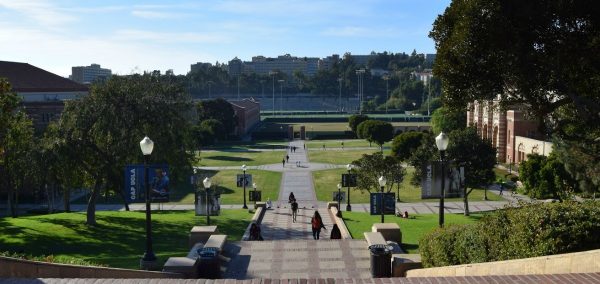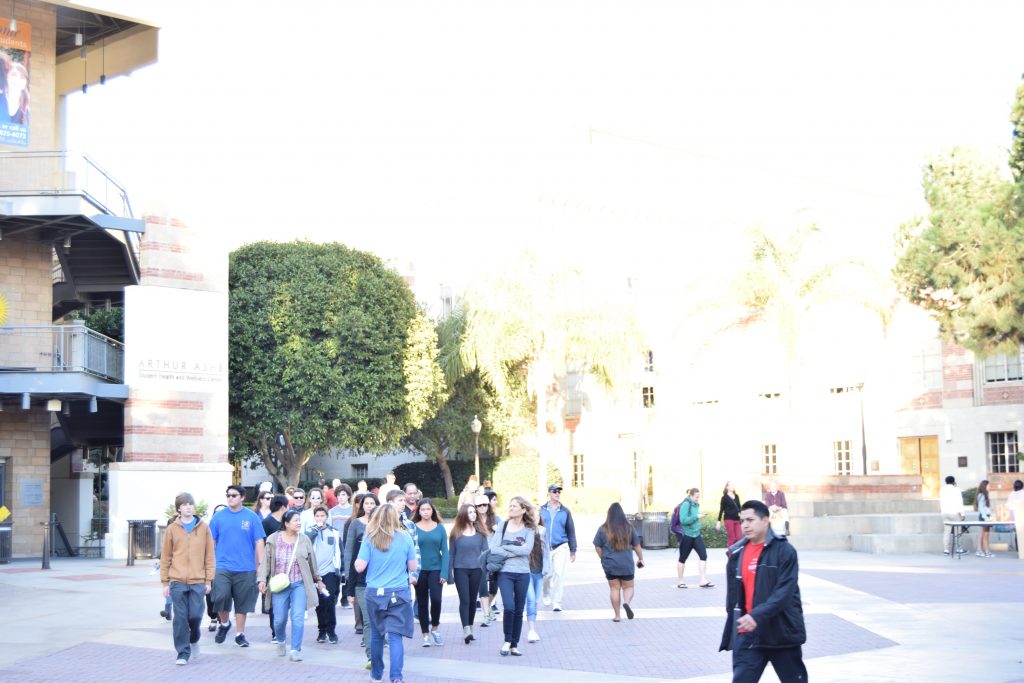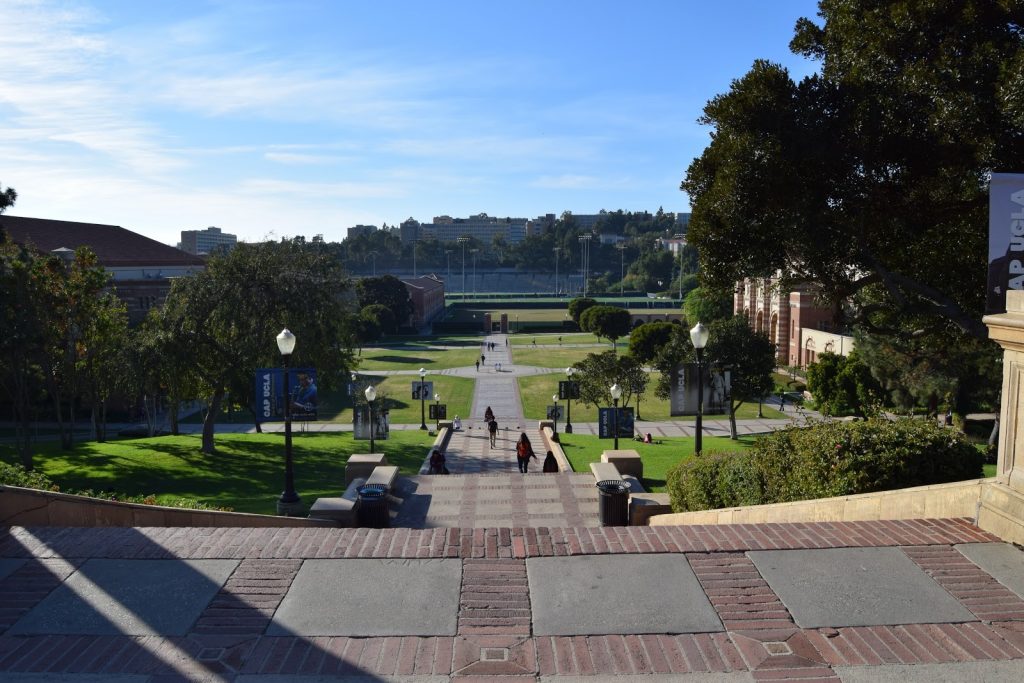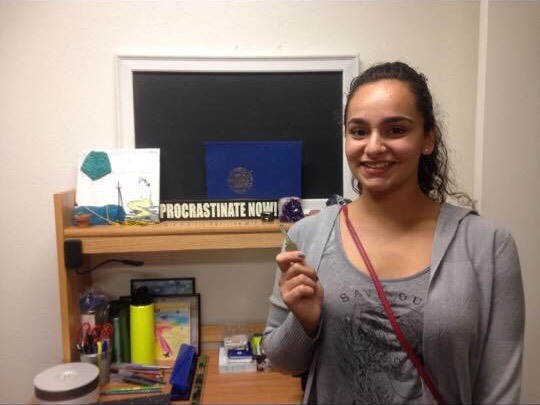
The UCs are proposing a cap on nonresident students for the first time in history
As if it wasn’t hard enough to get in
On Monday, the University of California proposed a cap that would limit enrollment of nonresident students to no more than 20 percent of the undergraduate population.
The number of out-of-state students has indeed been climbing in recent years. Many attribute this to the financial recession, since admitting more nonresident students results in more annual tuition for schools. In fact, some argue that this money has helped the UCs rise to their current level of prestige and success.

Prospective students come from California, other states, and even other countries to tour UCLA
Yet, critics of the UC system are claiming that this takes opportunities away from California high school graduates. This cap will also ensure additional state funding and hopefully make up for any tuition loss.
The average number of nonresident students in the undergrad UC system is currently about 17 percent. However, the Berkeley, Los Angeles and San Diego campuses would be required to start reducing their nonresident numbers since they exceed the proposed cap.

Out-of-state students make up 24 percent of undergrads at UCLA
Isela Villalbazo, a first year cognitive science major, is a student at UC San Diego. Despite being a resident of California, she welcomes out-of-state students, who make up 23 percent of UCSD undergraduate enrollment.
“Just because a student’s family doesn’t live in a certain state doesn’t mean they shouldn’t have the opportunity to get a good education farther from home,” said Villalbazo. “They might have chosen the school because it has the best program for their major and 20 percent isn’t really that much.”

Villalbazo at UCSD
Current nonresident students, on the other hand, can testify to the extra stress when applying to an out-of-state school. Kodiak Berkoff, a nonresident first year chemical biology major at UC Berkeley, fears that the cap would affect the application process for students.
“A possible outcome of a cap for out of state kids is that a greater priority would be given to in state applicants regardless if they are less capable than out of state applicants,” Berkoff theorized. “Then, a possible trend could occur where the school’s student body is negatively impacted with less academically capable kids, and thus their reputation is impacted for having a more localized preference.”
The UC Board of Regents will be voting on the proposition later this month.
